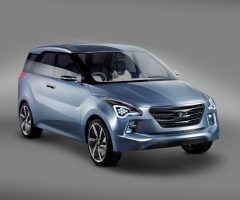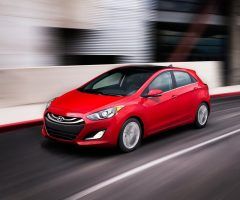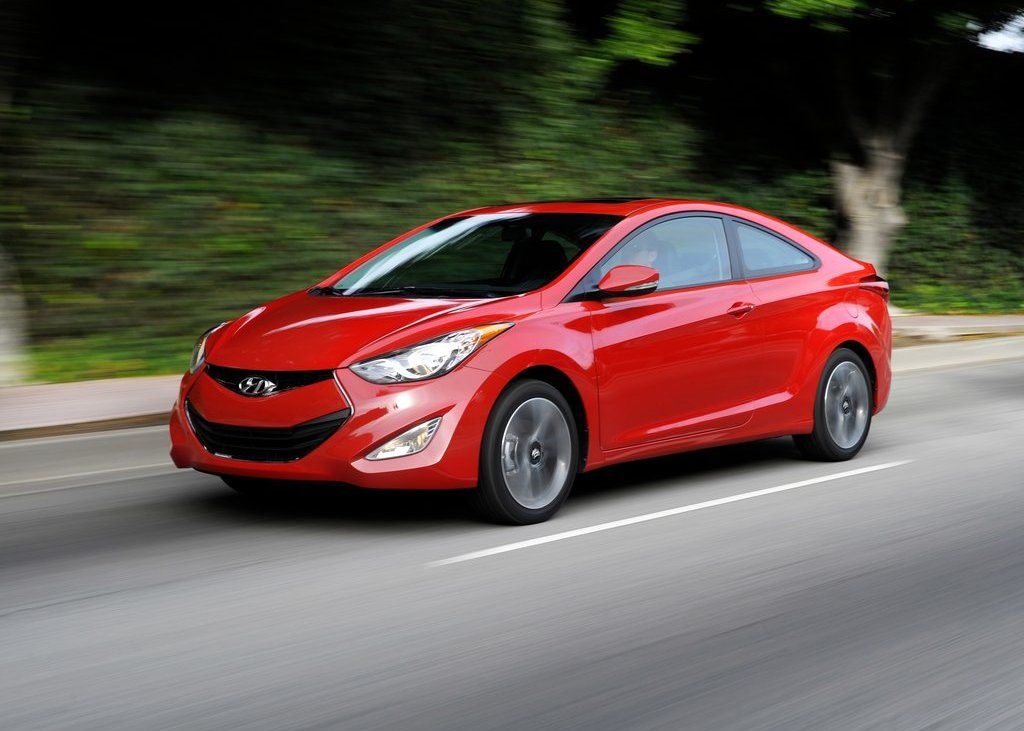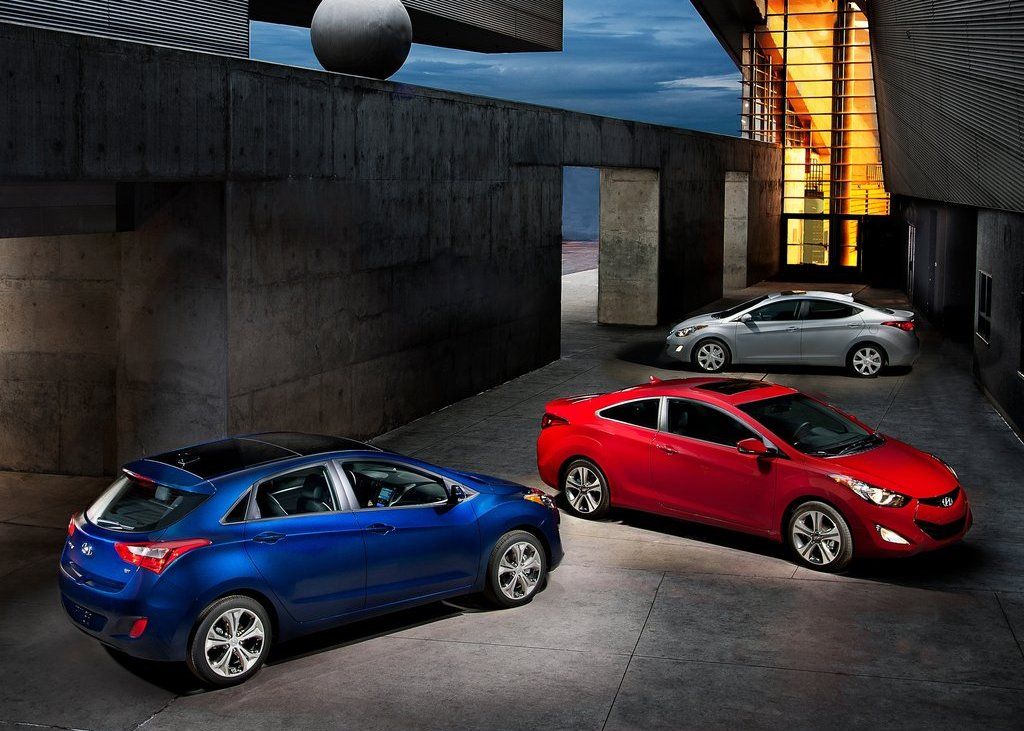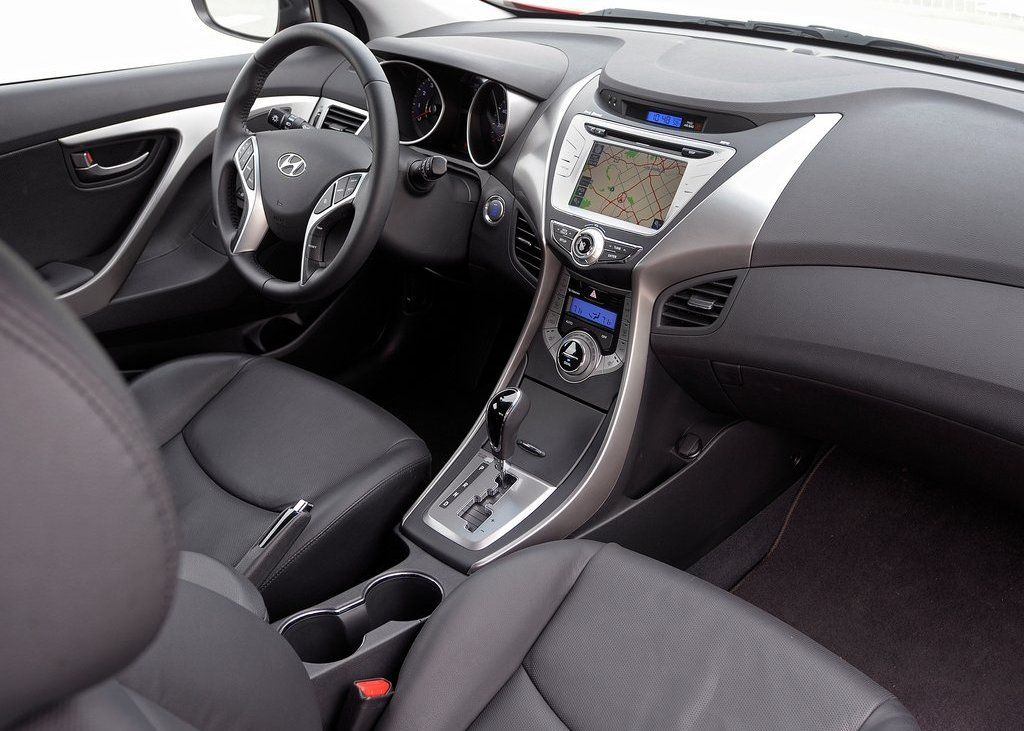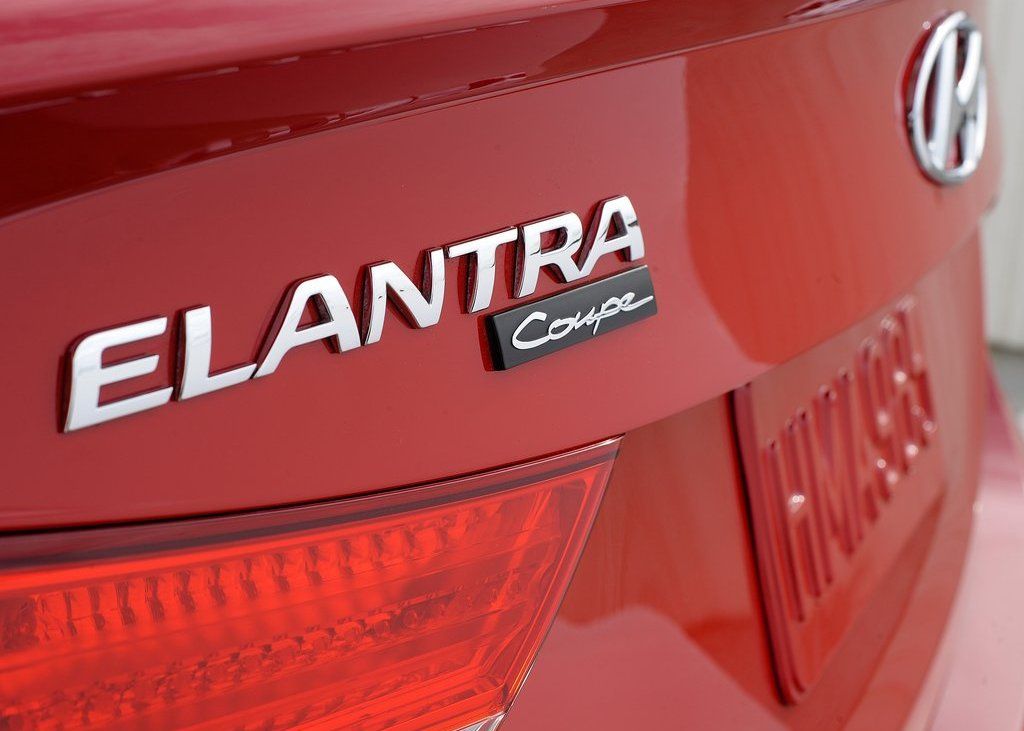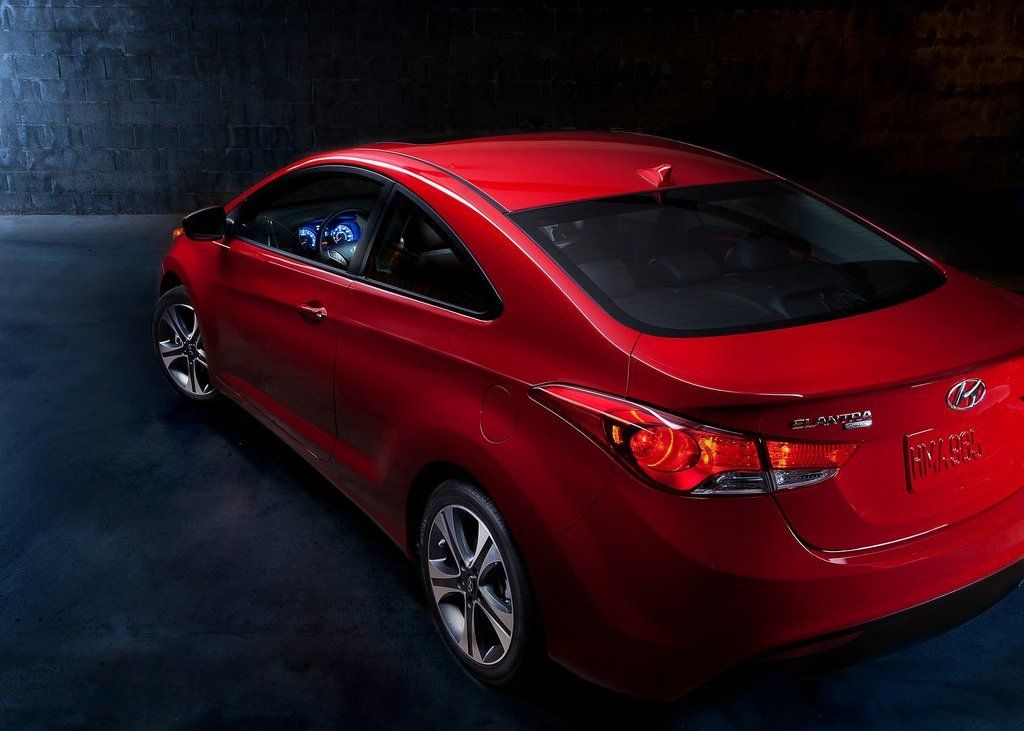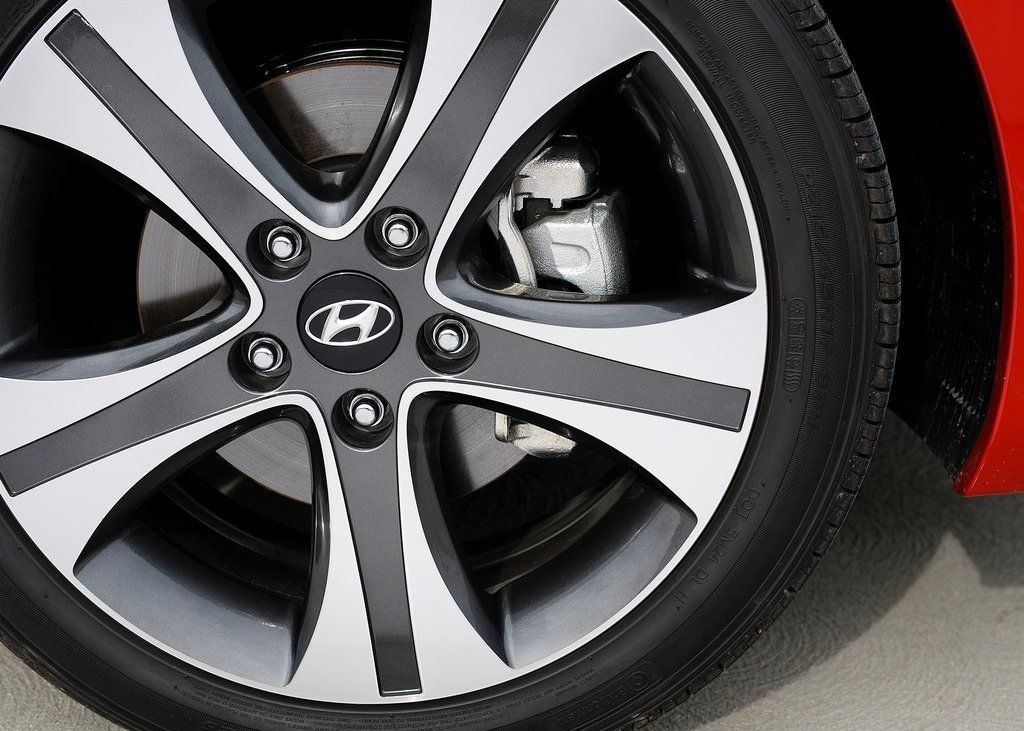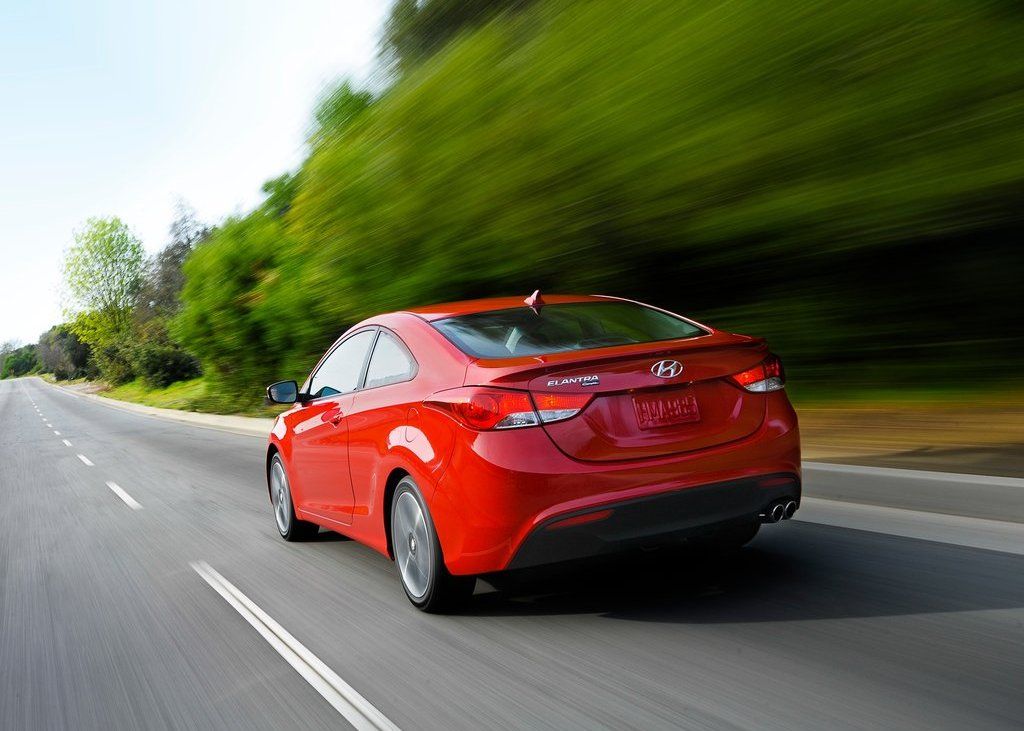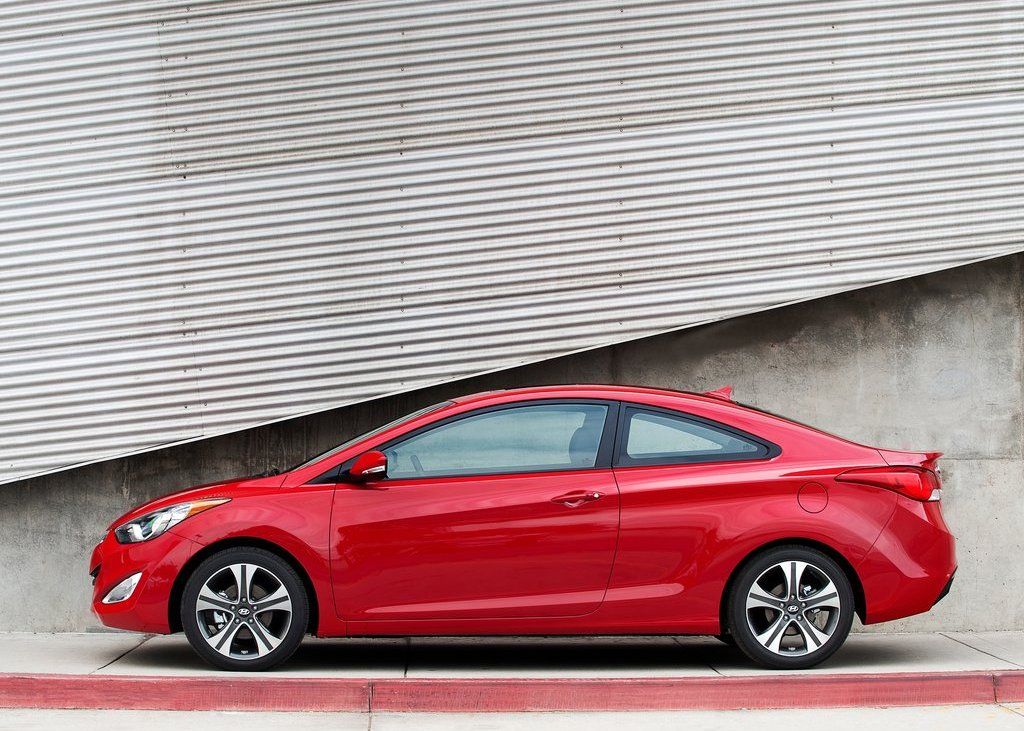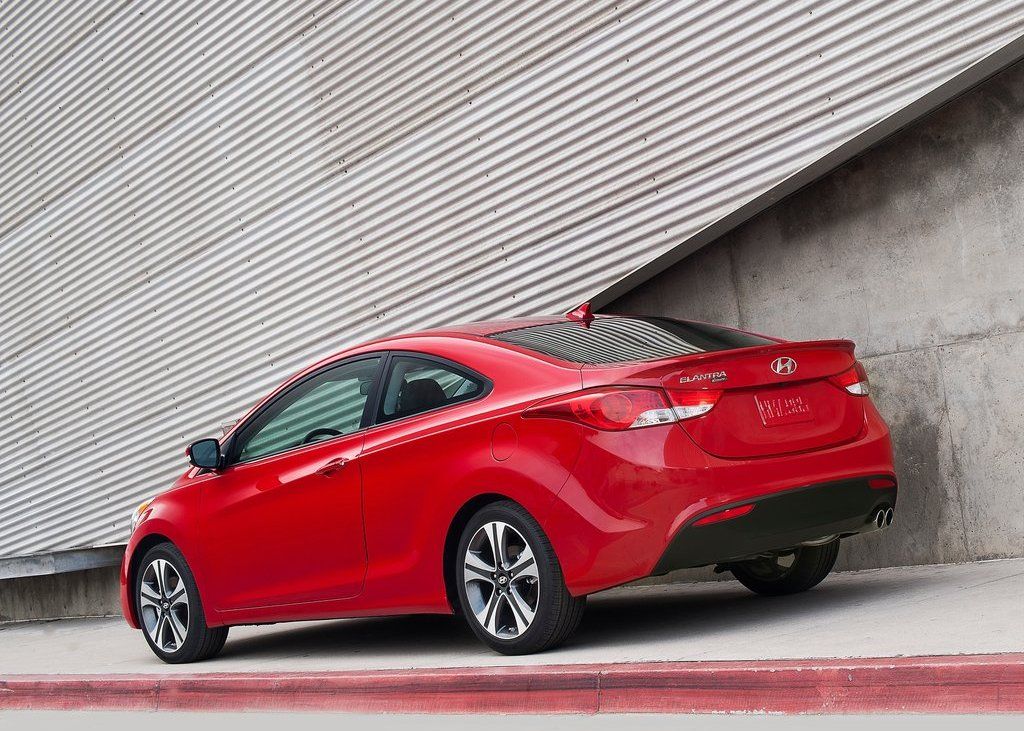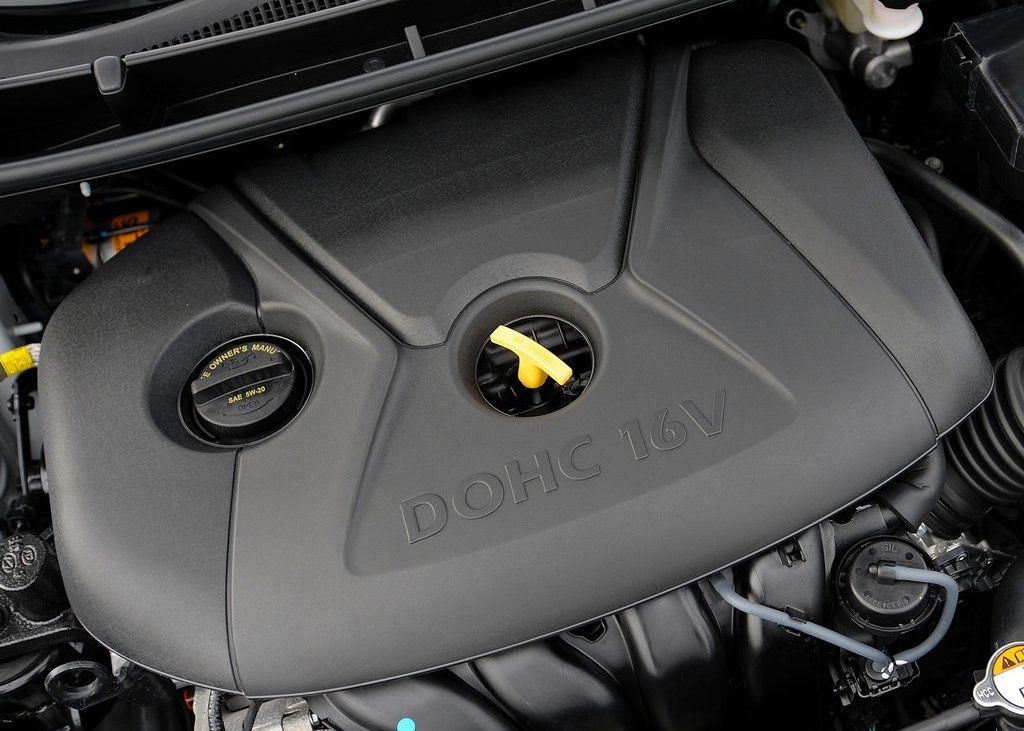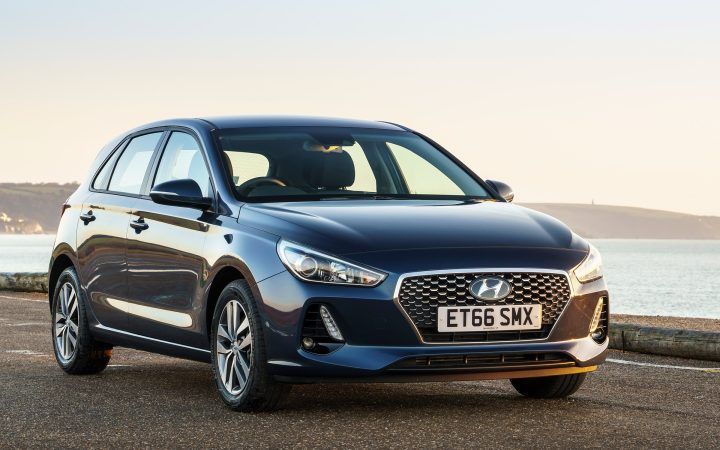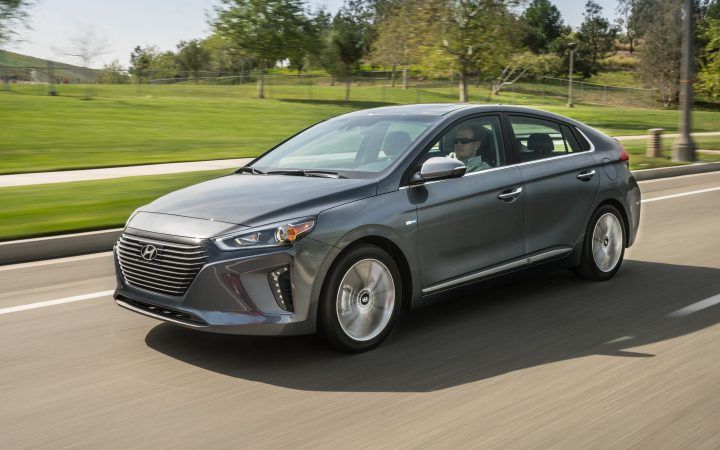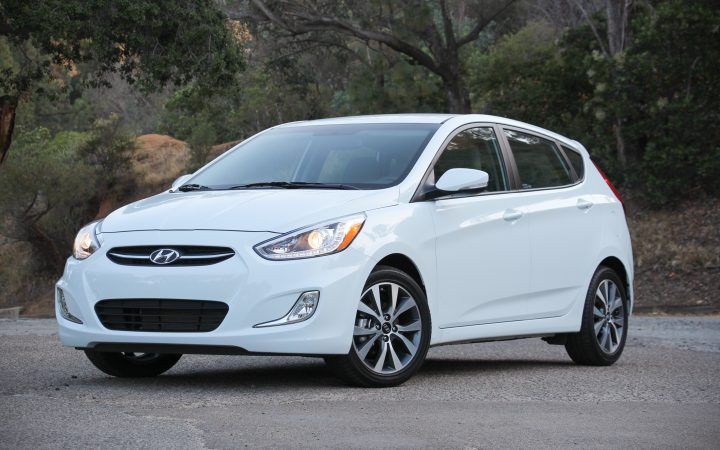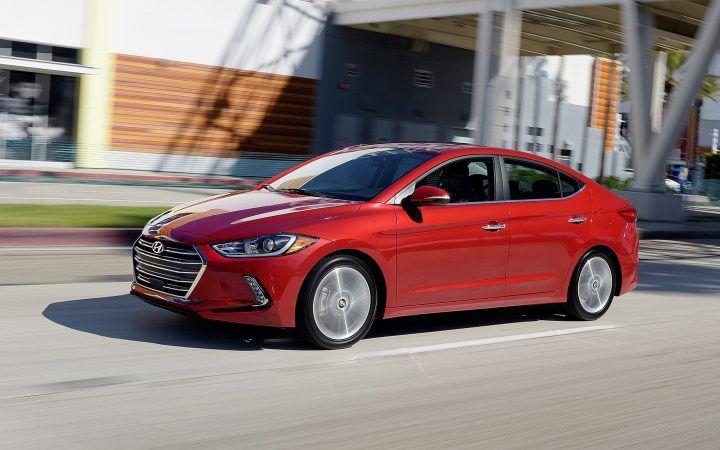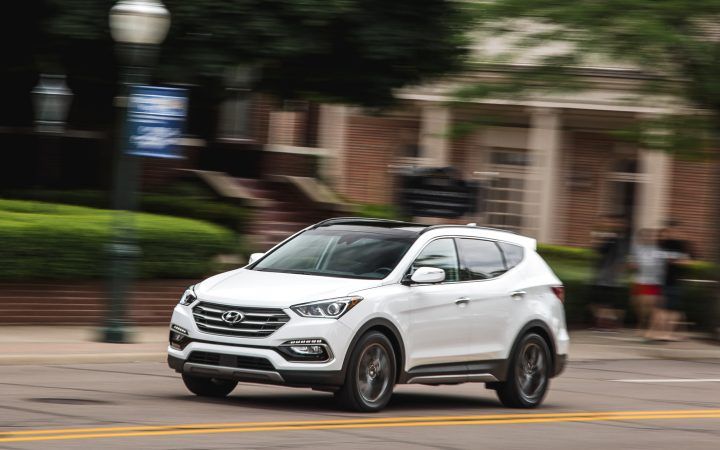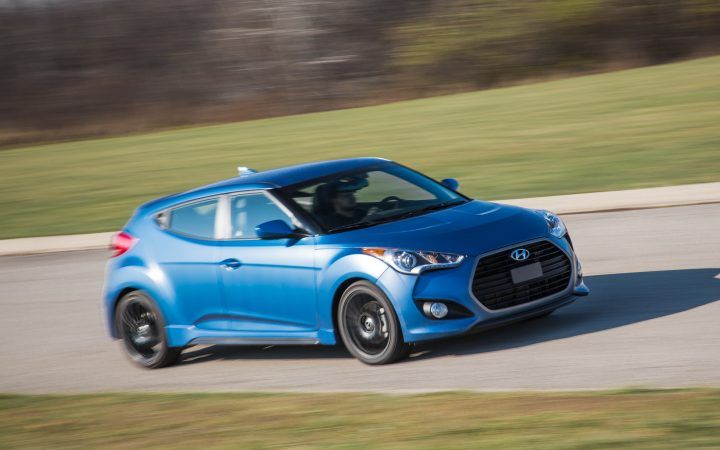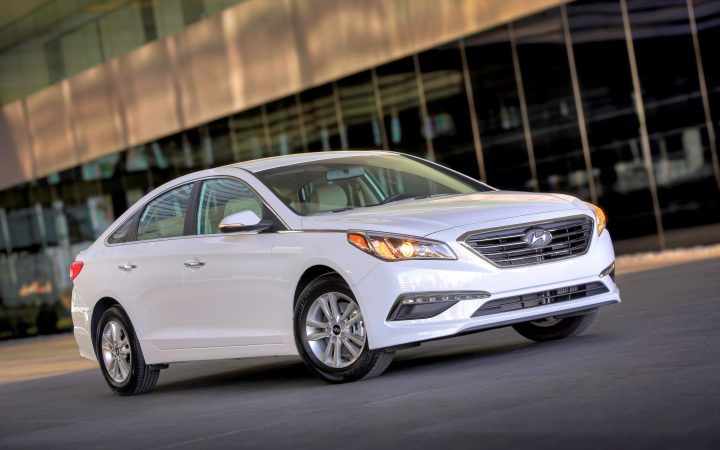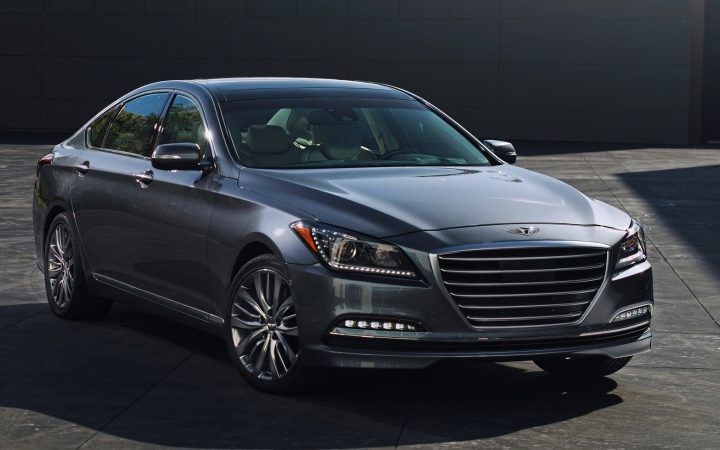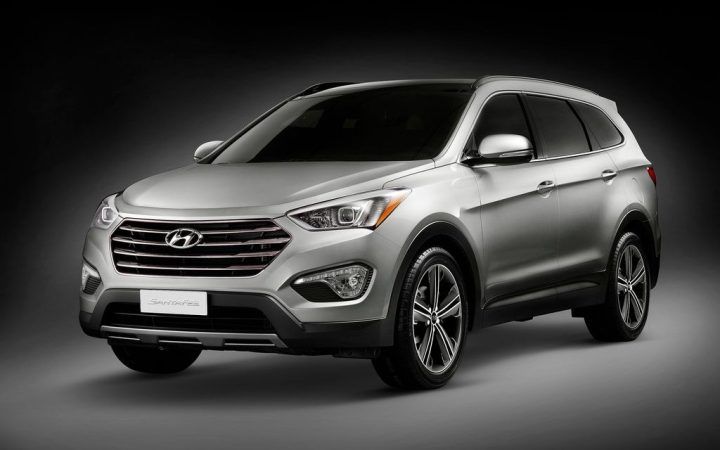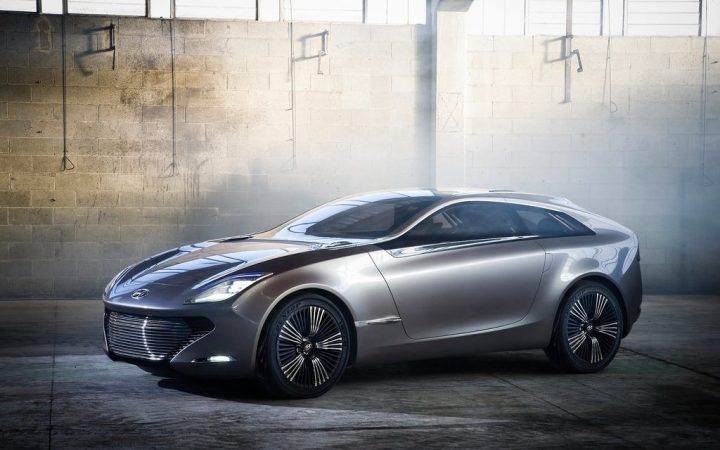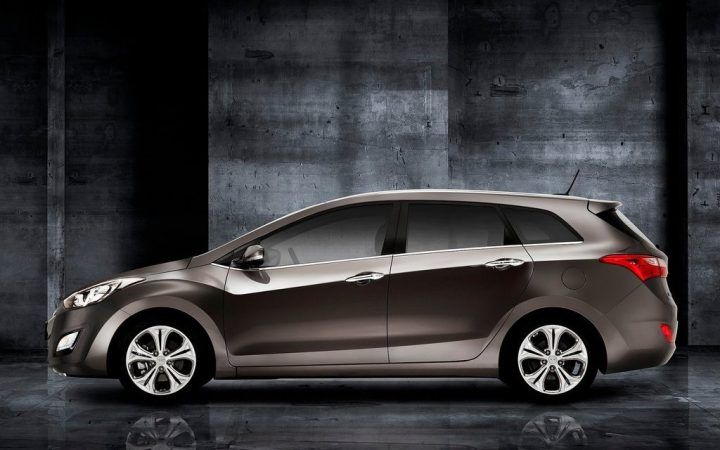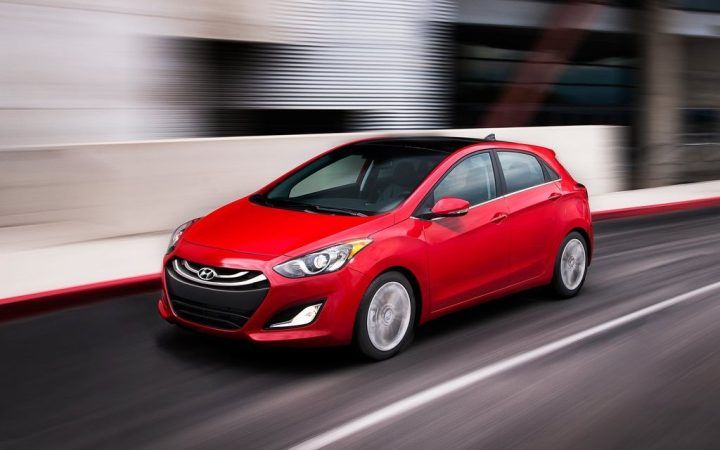2013 Hyundai Elantra Coupe introduces by Hyundai Motor at the 2012 Chicago Auto Show. This Elantra variant performs as the two-door sedan that provides an extremely attractive and intelligent. The Hyundai Elantra Coupe marks the ongoing evolution of "Fluidic Sculpture" design theme with Hyundai's sporty design language, while assuming a leadership position the compact coupe segments with eco-efficient power train, generous comfort features, exceptional roominess and generous safety features.
The new Hyundai Elantra Coupe interior offers spacious rooms and customers will find Hyundai expertise in interior packaging, lighting, cutting-edge design and craftsmanship. Volume total of interior Elantra is 110.2 feet cubics. Wheelbase Coupe length allows for an efficient compact coupe with a class-top level of relative comfort. The Hyundai Elantra Coupe's trunk volume at 14.8 cubic feet. Heated seats are standard equipment on all Elantra coupes, while the SE model offers a sporty aluminum pedal. The 2013 Hyundai Elantra Coupe offers a choice of two interior colors, gray and black, available with either the GS models or SE models.
Hyundai Elantra Coupe exterior design conveys a sense of sportiness and luxury. The front is very noticeable by the signature of the Hyundai's slim lights, which give the impression of the new aggressive Coupe Elantra. From the side, 2013 Hyundai Elantra Coupe delivered wedge and sporty coupe like the highly sculpted surfaces. Crease wheel arches gives the appearance of fine light around the front and rear wheels, to the presence of large and aggressive. From the rear, a blacked-out rear valance diffuser with dual chrome-tipped contrast exhaust tips, and SE models combine elements of the deck lid spoiler lip design.
Hyundai Elantra Coupe powered by a 1.8 liter four-cylinder Nu efficient and reliable. This engine provides 148 horsepower HP and torque of 131 lb-ft. This machine also offers Dual Continuously Variable Valve Timing (D-CVVT) camshafts and hydraulic engine mounts for optimum power, efficiency and improvement. Using D-CVVT on both camshafts has several advantages when compared to use only the intake camshaft. These advantages include an increase in the performance of two percent, two percent increase in fuel economy, and a 30 percent reduction in hydrocarbon emissions. 2013 Hyundai Elantra Coupe fuel economy estimated at 29 mpg city.

